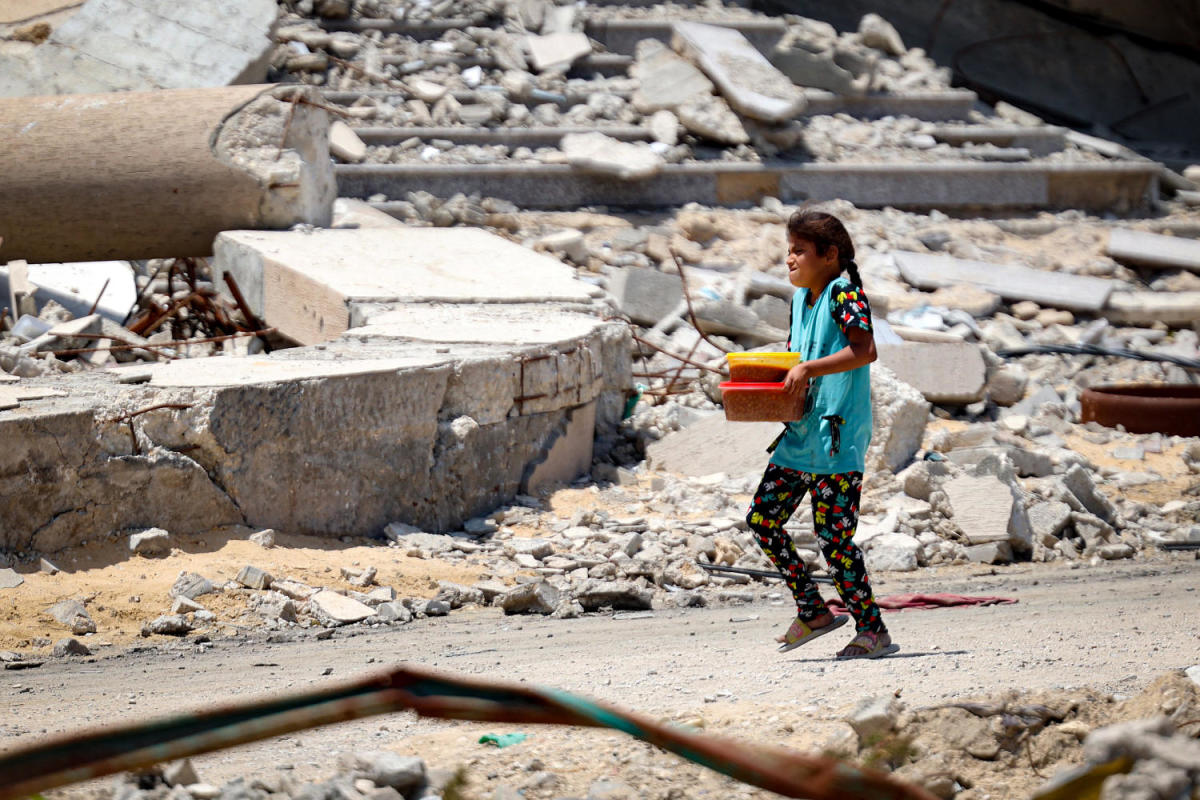
Since the terrorist attack on a Moscow concert hall on March 22, the Russian regime has intensified repression against immigrants in the country. This escalation in mobilization against foreigners can be attributed to the fact that four individuals accused of the attack were identified as citizens of Tajikistan, a former Soviet republic in Central Asia. These individuals were reportedly in Russia on temporary work visas, some of which had expired.
In response to the attack, claimed by an Islamic State front, which caught Russian authorities off guard and tarnished the image of Russian intelligence, Putin launched a crackdown on immigrants. Around 40 migrants were arrested in an area 60 kilometers from Moscow, and a barbershop in Ivanovo where one of the alleged terrorists worked was targeted with xenophobic attacks.
Russian authorities conducted operations to persecute foreigners in the country, resulting in nearly 500 people being ordered to leave since the Moscow terrorist attack. Many immigrants hail from Tajikistan, Uzbekistan, and Kyrgyzstan, and their governments advised against participating in demonstrations or crowded events due to the risk of persecution or violence.
Despite their essential roles in Russia’s job market, especially during times of war, Putin aims to maintain national unity and a moderate image. However, this persecution of foreigners is becoming increasingly apparent and has been criticized for unfairly targeting non-Slavic migrants and ethnic minorities. The ongoing crackdown threatens further strain within Russian society.
Human Rights Watch reports that even before the attack, foreigners faced constant persecution with racial profiling, identity checks and prolonged detentions. This treatment has been criticized for disproportionately targeting non-Slavic migrants and ethnic minorities.
The persecution of foreigners is fueling tensions within Russia as it contradicts official data showing a decline in such incidents. It also raises questions about Putin’s true intentions behind his efforts to maintain national unity.
Overall, it appears that Putin’s actions are driven by political considerations rather than genuine concerns for public safety or national unity. The crackdown on immigrants threatens not only their rights but also undermines Russia’s reputation as a tolerant society.





